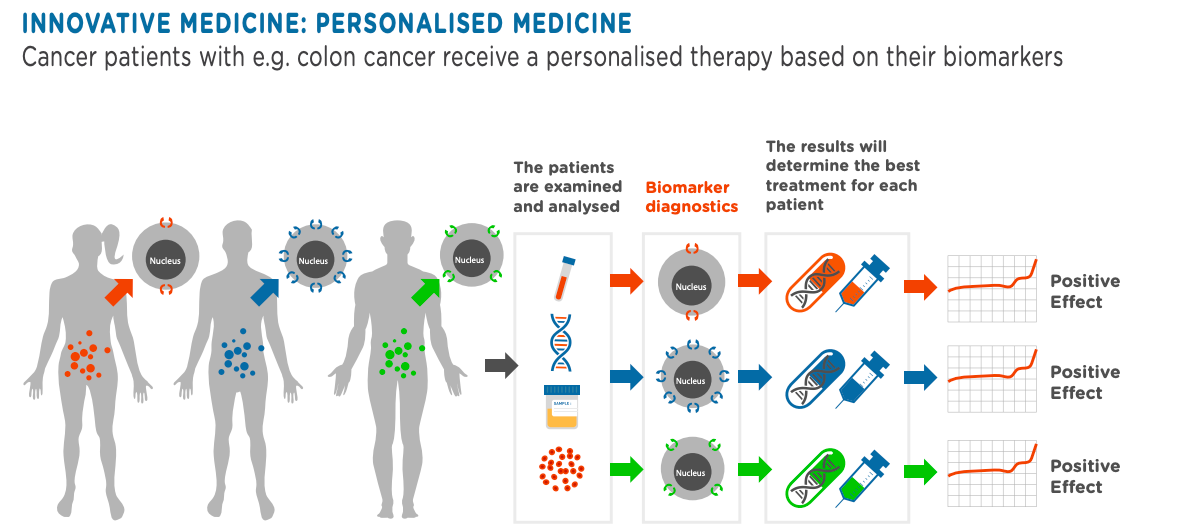
AI’s Role in Revolutionizing Healthcare: From Diagnostics to Precision MedicineAI’s Role in Revolutionizing Healthcare: From Diagnostics to Precision Medicine Artificial Intelligence (AI) is rapidly transforming the healthcare industry, redefining how diseases are diagnosed, treated, and managed. From early detection to personalized treatment plans, AI’s capabilities are revolutionizing patient care across a wide range of domains. Diagnostics and Early Detection AI algorithms can analyze vast amounts of medical data, including patient records, imaging scans, and genetic profiles, to identify patterns and anomalies that may indicate disease onset. This enables early detection of conditions like cancer, heart disease, and Alzheimer’s, allowing for timely intervention and improving treatment outcomes. Disease Prediction and Risk Assessment AI models can predict the likelihood of an individual developing certain diseases based on their medical history, lifestyle factors, and genetic makeup. This information empowers patients to make preventive lifestyle changes and enables healthcare providers to proactively manage their patients’ health. Precision Medicine and Personalized Treatment AI is revolutionizing the concept of “one-size-fits-all” treatments. By analyzing individual patient data, AI algorithms can identify the most effective therapies and dosages tailored to their specific genetic makeup, responsiveness to treatments, and lifestyle. This personalized approach enhances treatment efficacy and reduces the risk of adverse effects. Automated Image Analysis AI can automate the analysis of medical images, such as X-rays, MRI scans, and CT scans. This technology can detect subtle abnormalities and patterns that may be missed by the human eye, leading to more accurate diagnoses and streamlined medical imaging workflows. Medication Management and Dosage Optimization AI algorithms can analyze patient medication histories and genetic information to identify potential drug interactions, adverse effects, and optimal dosage regimens. This automated process ensures medication safety and optimizes treatment outcomes. Patient Monitoring and Remote Healthcare AI-powered wearables and sensors can continuously monitor patient vital signs, activity levels, and symptoms. This data can be transmitted remotely to healthcare providers, enabling early detection of changes in health status and facilitating prompt medical interventions. Drug Discovery and Development AI is accelerating drug discovery by identifying new drug targets, predicting drug efficacy, and optimizing clinical trial designs. By analyzing vast databases of patient data, AI can uncover hidden patterns that lead to more effective and personalized treatments. The Future of AI in Healthcare As AI technology continues to advance, its applications in healthcare will only grow more profound. Future developments could include: * AI-powered robotic surgery for enhanced precision and efficiency * AI-driven personalized health plans that adapt to patients’ changing needs * AI-based diagnostic tools that can instantly detect diseases at the point of care Conclusion AI is revolutionizing healthcare by enabling more accurate diagnostics, personalized treatments, and proactive patient care. Its capabilities extend from early disease detection to optimizing drug discovery and enhancing patient monitoring. As AI continues to evolve, it promises to transform healthcare even further, improving patient outcomes and empowering individuals to take control of their own health.
Posted inNews